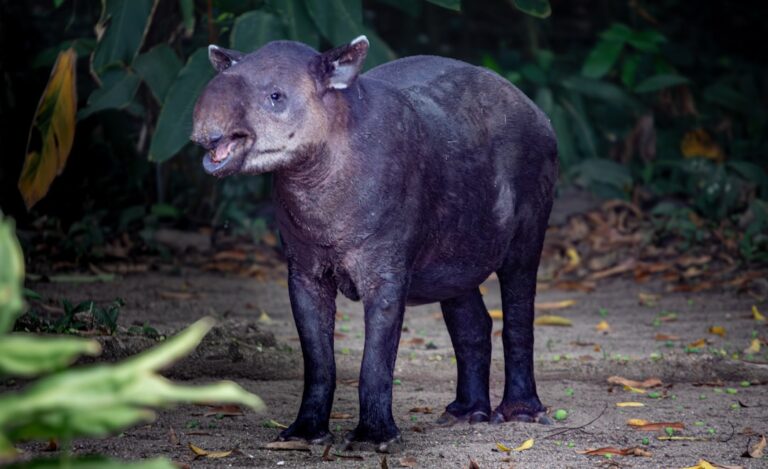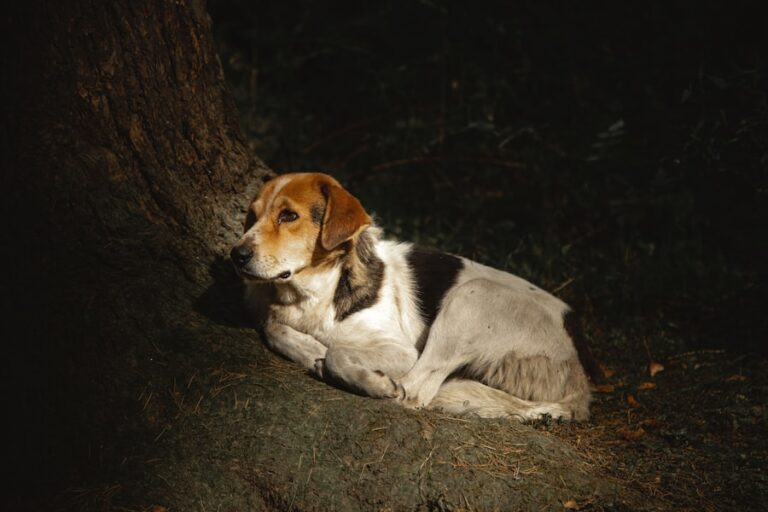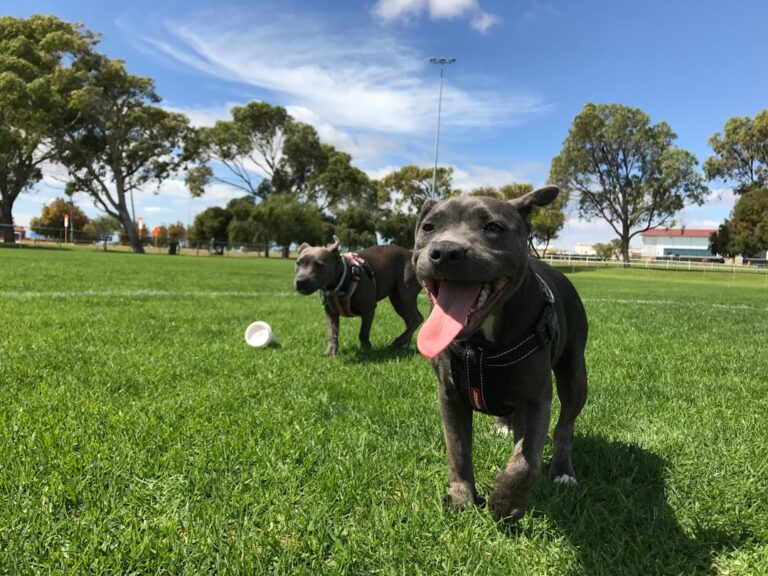The Chihuahua, one of the smallest dog breeds in the world, has a rich and storied history that dates back to ancient civilizations. Its origins can be traced to Mexico, where it is believed to have descended from the Techichi, a small companion dog kept by the ancient Toltec civilization. The Techichi was revered for its companionship and was often associated with spiritual beliefs, serving as a guide for the deceased in the afterlife.
Archaeological evidence suggests that these dogs were present in Mesoamerica as early as 300 BC, indicating their long-standing relationship with humans. As the centuries progressed, the Chihuahua’s lineage evolved, particularly during the Spanish colonization of Mexico in the 16th century. The breed gained prominence as it was introduced to European settlers, who were captivated by its diminutive size and charming demeanor.
The name “Chihuahua” itself is derived from the Mexican state of the same name, where the breed was first recognized in the mid-19th century. By the late 1800s, Chihuahuas began to gain popularity in the United States, particularly after being showcased at dog shows. Their unique characteristics and affectionate nature quickly endeared them to dog lovers, solidifying their status as a beloved breed.
Key Takeaways
- The Chihuahua is believed to have originated in Mexico and has a long history dating back to ancient civilizations.
- Chihuahuas are known for their small size, large ears, and prominent eyes, and come in a variety of colors and coat types.
- Despite their small size, Chihuahuas are known for their big personalities, often described as loyal, affectionate, and sometimes stubborn.
- Training and socialization are important for Chihuahuas to prevent behavioral issues and help them get along with other pets and people.
- Chihuahuas are generally healthy dogs, but they are prone to certain health issues such as dental problems and patellar luxation. Regular vet check-ups are important.
Characteristics and Physical Traits of the Chihuahua
Coat Varieties
Chihuahuas come in two coat varieties: smooth and long-haired. The smooth-coated Chihuahuas have a sleek, shiny coat that lies close to the body, while long-haired Chihuahuas boast a soft, flowing coat that can vary in length and texture.
Physical Characteristics
In terms of appearance, Chihuahuas have large, expressive eyes that can be either round or almond-shaped, contributing to their alert and curious expression. Their ears are another defining feature; they are typically large and erect, giving them an attentive look.
Personality and Appearance
The breed exhibits a variety of colors and patterns, including fawn, black, white, chocolate, and brindle, often with combinations that create striking visual contrasts. Despite their small stature, Chihuahuas possess a confident demeanor that belies their size, often displaying a bold personality that can be quite endearing.
The Chihuahua’s Temperament and Personality

Chihuahuas are known for their vibrant personalities and strong-willed nature. They are often described as being lively, alert, and fiercely loyal to their owners. This breed tends to form strong bonds with their human companions, often following them around the house and seeking affection.
Their loyalty can sometimes manifest as protectiveness; Chihuahuas may bark at strangers or unfamiliar situations, making them excellent watchdogs despite their small size. While they are generally affectionate and playful, Chihuahuas can also exhibit a feisty temperament. They are known for their spirited behavior and can be quite assertive when interacting with other dogs or pets.
This assertiveness can sometimes lead to challenges in social situations if not properly managed through training and socialization. However, when raised in a loving environment and given proper guidance, Chihuahuas can be well-adjusted companions who thrive on human interaction and enjoy engaging in playtime.
Training and Socialization for Chihuahuas
| Training and Socialization for Chihuahuas | |
|---|---|
| Training Methods | Positive reinforcement, consistency, and patience |
| Socialization | Exposure to various people, animals, and environments |
| Basic Commands | Sit, stay, come, and leash training |
| Challenges | Housebreaking, barking, and separation anxiety |
| Professional Help | Consider hiring a dog trainer or behaviorist if needed |
Training and socialization are crucial components of raising a well-behaved Chihuahua. Due to their small size, many owners may overlook the importance of training, assuming that their diminutive stature makes them less of a challenge. However, Chihuahuas can develop behavioral issues if not properly trained from an early age.
Positive reinforcement techniques work best with this breed; they respond well to treats, praise, and affection when they exhibit desired behaviors. Socialization is equally important for Chihuahuas to ensure they grow into well-rounded adults. Exposing them to various environments, people, and other animals from a young age helps reduce fearfulness and aggression later in life.
Puppy classes can be particularly beneficial for Chihuahuas, providing them with opportunities to interact with other dogs while learning basic commands. Consistency in training is key; short but frequent training sessions help maintain their attention span and keep them engaged.
Health Considerations for Chihuahuas
Like all breeds, Chihuahuas are prone to certain health issues that potential owners should be aware of. One common concern is patellar luxation, a condition where the kneecap dislocates from its normal position. This issue can lead to discomfort and mobility problems if left untreated.
Additionally, Chihuahuas are susceptible to dental problems due to their small mouths; regular dental care is essential to prevent tooth decay and gum disease. Another health consideration is heart disease, particularly mitral valve disease, which is common in older Chihuahuas. Regular veterinary check-ups are crucial for early detection of such conditions.
Additionally, due to their small size and delicate bone structure, Chihuahuas should be handled with care to avoid injuries from falls or rough play. Maintaining a healthy diet and ensuring regular exercise can also contribute significantly to their overall well-being.
Chihuahua Care and Grooming Tips

Caring for a Chihuahua involves several key aspects that contribute to their health and happiness. Grooming needs vary depending on whether the Chihuahua has a smooth or long-haired coat. Smooth-coated Chihuahuas require minimal grooming; a weekly brushing is usually sufficient to remove loose hair and keep their coat healthy.
In contrast, long-haired Chihuahuas benefit from more frequent grooming sessions—ideally several times a week—to prevent matting and tangles. In addition to coat care, regular nail trimming is essential for all Chihuahuas to prevent discomfort while walking. Dental hygiene should not be overlooked; brushing their teeth several times a week can help prevent dental diseases that are common in small breeds.
Bathing should be done sparingly—only when necessary—using a gentle dog shampoo to avoid stripping their skin of natural oils. Overall, establishing a consistent grooming routine will help keep your Chihuahua looking and feeling their best.
Chihuahuas as Family Pets
Chihuahuas can make wonderful family pets when introduced into the right environment. Their affectionate nature often endears them to children and adults alike. However, it is essential for families with young children to teach them how to interact gently with these small dogs.
Due to their fragile build, rough handling can lead to injuries; thus, supervision during playtime is crucial. Chihuahuas thrive on companionship and do best in homes where they receive plenty of attention and love from family members. They enjoy being part of family activities and often seek out opportunities for interaction.
Their playful demeanor makes them entertaining companions; they often engage in amusing antics that can bring joy to any household. When properly socialized and trained, Chihuahuas can adapt well to family life and become cherished members of the family unit.
Chihuahuas and Other Pets
Integrating a Chihuahua into a household with other pets requires careful consideration and planning. While many Chihuahuas can coexist peacefully with other dogs or cats, their assertive nature may lead to conflicts if not managed properly. Early socialization plays a critical role in helping Chihuahuas learn how to interact appropriately with other animals.
When introducing a Chihuahua to other pets, it is advisable to do so gradually and under controlled circumstances. Supervised introductions allow both the Chihuahua and existing pets to acclimate to each other’s presence without feeling threatened or overwhelmed. Positive reinforcement can help encourage friendly interactions; rewarding calm behavior with treats or praise fosters a sense of security among all pets involved.
With patience and proper guidance, many Chihuahuas can develop harmonious relationships with other animals in the household.
Chihuahua Exercise and Activity Needs
Despite their small size, Chihuahuas require regular exercise to maintain their physical health and mental well-being. Daily walks are essential; even short strolls provide valuable opportunities for exploration and stimulation. Engaging in playtime activities such as fetch or tug-of-war can also help satisfy their energy needs while strengthening the bond between owner and pet.
Chihuahuas are known for their playful nature; they enjoy interactive toys that challenge their minds and keep them entertained. Puzzle toys or treat-dispensing toys can provide mental stimulation while encouraging physical activity as they work to retrieve treats hidden inside. It is important not to underestimate their exercise needs; even small dogs benefit from consistent activity levels to prevent obesity and promote overall health.
Finding the Perfect Chihuahua for You
When considering adding a Chihuahua to your family, it is essential to find one that matches your lifestyle and preferences. Potential owners should research reputable breeders or consider adopting from shelters or rescue organizations dedicated to this breed. Meeting the puppy’s parents can provide insight into temperament traits that may be passed down.
Additionally, prospective owners should assess whether they prefer a smooth or long-haired variety based on grooming preferences and lifestyle considerations. It is also important to consider age; puppies require more time for training and socialization compared to adult dogs who may already have established behaviors. Ultimately, finding the right Chihuahua involves understanding your own needs as an owner while ensuring compatibility with the dog’s personality.
Chihuahua Myths and Misconceptions
Chihuahuas are often surrounded by myths that can mislead potential owners about their true nature and needs. One common misconception is that they are inherently aggressive or prone to biting due to their small size; however, aggression is typically a result of poor socialization or training rather than an inherent trait of the breed itself. With proper guidance from an early age, many Chihuahuas exhibit friendly behavior towards people and other animals.
Another myth suggests that Chihuahuas do not require much exercise due to their size; this belief can lead owners to neglect their physical activity needs. In reality, regular exercise is vital for maintaining their health and preventing behavioral issues stemming from boredom or excess energy. Understanding these misconceptions is crucial for potential owners seeking accurate information about this delightful breed before making a commitment.











